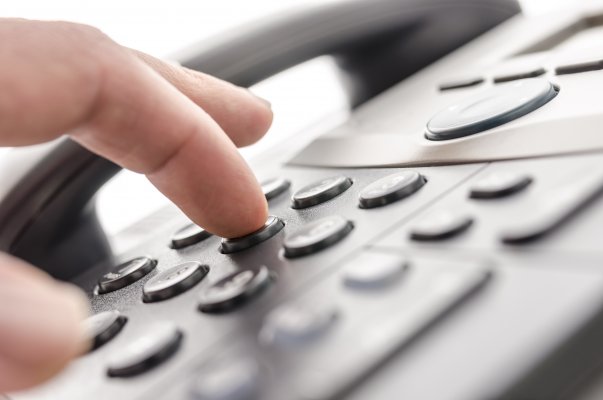IRS phone scams continue to grow in number with every year. Scammers have cost Americans millions of dollars so far and the number of victims is still on the rise.
The way they operate is they find out as many personal information as possible on their target: full name of both the victim and their family, address, education and job, the last 4 digits of their SSN and even bank account info. Sometimes they even use a 202 area code in order to seem even more legit and make it look like they really are from the IRS (202 is the code for Washington D.C.). You have to be very careful and aware of the fact that they are really cunning and they can change area codes or clone numbers, so don’t get fooled by that.
Once they falsely ‘identify’ themselves and give you a fake badge number, they start feeding you their usual story. They tell you that you owe the IRS money in taxes and if you don’t pay, you risk losing your possessions and even go to prison. They might threaten you and try to scare you into giving them your credit card details and demand to pay them right away.
The IRS has alerted the population repeatedly, giving tips on how to spot these felons and keep them at bay. Here are some of the most important things you should know about IRS phone scammers and how to deal with them:
Don’t get fooled by the fact that they seem to know a lot about you. That doesn’t mean that they really are who they claim to be. Your data might often be exposed and vulnerable to ID thieves. Phone scammers can collect a lot of info about you, for the exact purpose of earning your trust.
Phone scammers will most likely demand immediate payment, which is something the IRS would never do. The IRS will never call you to mention your unpaid taxes until they send you a bill first via mail. Never agree to pay anything by phone. Phone scammers may also ask you to pay them without giving you the chance to question or appeal. That is illegal, too, so don’t fall for it.
Phone scammers will try to scare you and threaten you in various ways. They might tell you that you will lose your house or your driving license if you don’t pay, or they might even threaten to bring the police to your door and have you arrested. The IRS will never resort to this kind of tactics.
Phone scammers often ask you to use a prepaid debit card or other specific payment methods. The most common methods they prefer are prepaid debit cards, PayPal, Western Union and the like.
IRS phone scammers often try to squeeze from you your credit card number over the phone, which is also something the IRS would never do.
If you do experience something similar to what we described above, there are two things you should do: if you are not sure about your situation with the IRS, end the call and call the actual IRS, at 1.800.829.1040, to request more information on your case. If you know you have no problems with the IRS and you are sure you don’t owe any taxes, make sure you report the call to TIGTA (Treasury Inspector General for Tax Administration). The number is 1.800.366.4484. You can also do it online, at www.tigta.gov.





